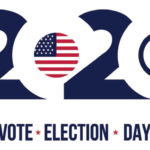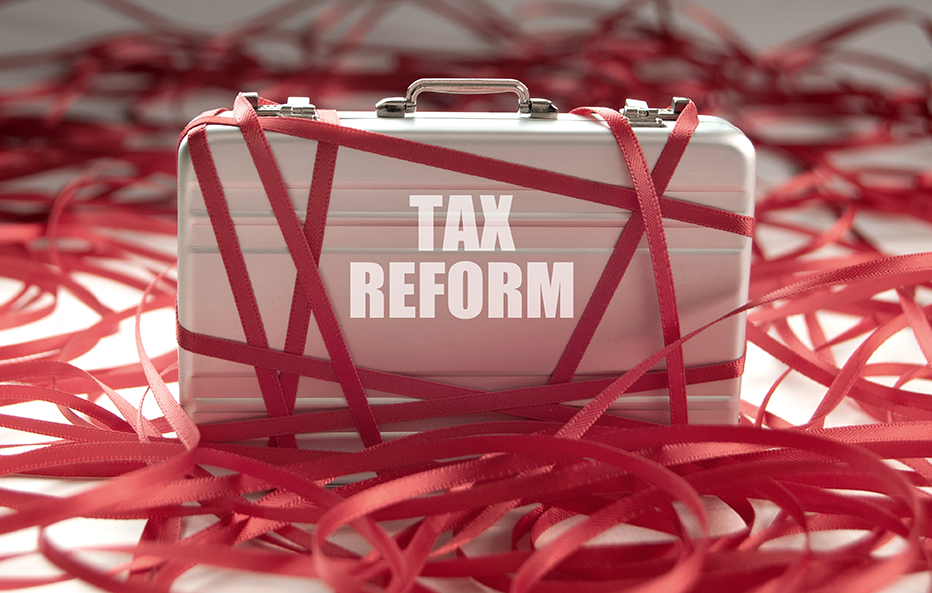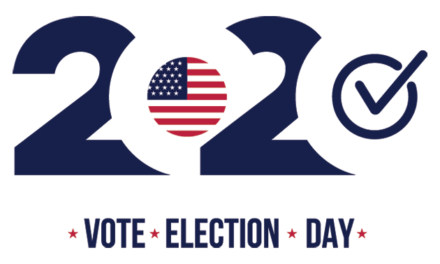
Broad Principles for Tax Reform

The Tax Reform package has passed the House and is making its way through the Senate. While we are awaiting the final version of the bill, this column touches on some broad principles of taxation. We will return to specifics upon passage of the final bill.
- A good tax plan should have a broad base with a low rate. A broad base minimizes preferences while maximizing revenue, allowing rates to be kept relatively low. A low rate dis-incentivizes cheating. As evidenced in many economies with high taxes around the world, very high rates result in an underground economy where transactions are off the book, resulting in no revenues from such transactions.
- A good tax plan should also be simple to administer. A complex tax regime is a bonanza for lawyers and accountants as there are carve-outs and exceptions based on encouraging or discouraging certain types of behavior that the government thinks is best for people. Simply stated, this results in government regulating behavior and declaring certain types of behavior acceptable and certain others unacceptable. This list then changes with each administration. The unpredictability of incentives and disincentives makes the system unpredictable, resulting in twists and turns which cuts into growth.
- Calculation of the impact of tax plan should be dynamic, not static. Congressional Budget Office (CBO) currently calculates deficits using a static approach. It only measures the costs, not the benefits. For example, if you got yourself a gym membership, worked out every day for the last 10 years, lost weight, and as a consequence lowered your blood pressure and cholesterol, the CBO would calculate the gym membership as an expenditure and completely ignore the health benefits. In budgetary terms, CBO calculates tax cut as an expenditure and ignores the increased revenues resulting from the growth. I discussed the evidence behind such an increase in revenues in my column dated May 14, 2017.
One final point: The discussion around taxation is dominated by who gains and who loses. We hear about the middle class getting a tax cut or a tax increase; we hear about the rich benefiting. Such framing of the discussion completely misses the mark. The purpose of taxation is to generate sufficient revenues for the government to provide Constitutionally mandated services or to provide or would not make sense for individuals or corporations to provide (for example, it wouldn’t make economic sense for an individual or a corporation to build I-80 as it would be prohibitively expensive in addition to not providing a return on that investment). The focus should be on growth, not altering behavior. When you lower taxes, the economy grows, wages will go up, unemployment will go down and everyone benefits. That’s what happened under the leadership of President Clinton and Speaker Gingrich. Burden the economy with taxes, labor participation goes down and growth will be stunted. That’s what happened under President Obama (The first President not to have even a single year with 3% economic growth and the lowest labor participation rate since President Carter).































Recent Comments